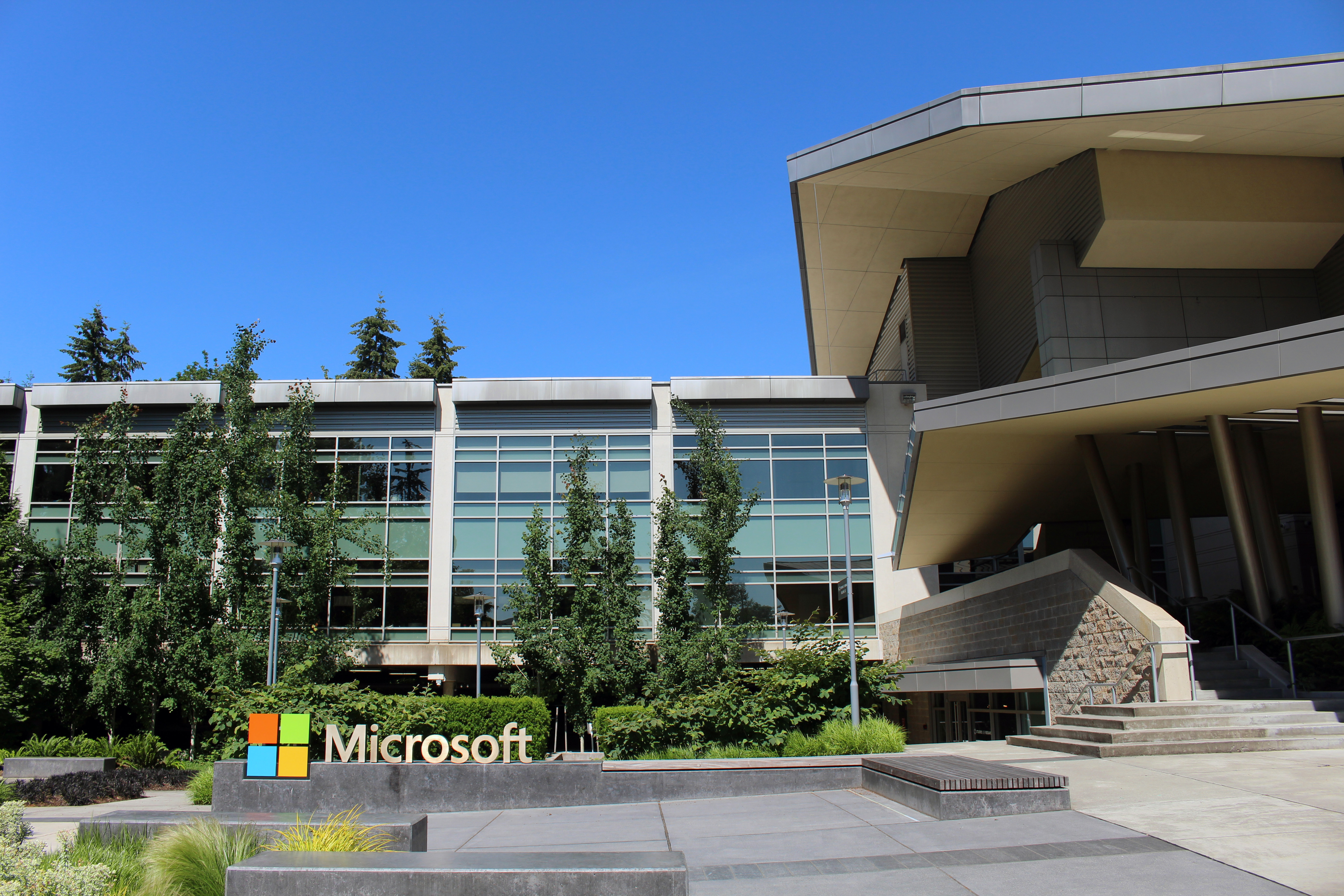Two major segments are emerging in the cloud computing market. On one hand, there is an “AI Cloud” future, built on top of massive language models and Nvidia GPUs, promising new generative AI services that will be offered and rented over the internet. Microsoft appears to be the clear frontrunner in the “AI Cloud” race. Microsoft is currently leading the pack in this, with assistance from OpenAI. Google Cloud is also making an effort in this regard. For investors, the future holds an “AI Cloud” opportunity.
On the other hand, there is the current “Cloud 1.0” industry, which relies on central processing units and older-style servers to power websites, apps, and various other software services. Many investors no longer find this attractive. An area that AWS has been successful in for a long time is the “Cloud 1.0” legacy market. After more than ten years in the business, Amazon Web Services is still unrivaled.
Analysts are worried about the Cloud 1.0 market after Microsoft’s quarterly earnings report came out earlier this week. Bernstein Research’s Mark Schilsky, a sales specialist at TMT, recently wrote a note to investors expressing concern about the slowdown of non-AI cloud workloads across the industry.

Sales for Microsoft’s Azure cloud service increased by 28% in the most recent quarter (fiscal Q2, calendar Q4). But new AI workloads accounted for 6% of that expansion. Theoretically, this results in a 22% increase for the old cloud business.
“Thus, one could argue that non-AI Azure growth is slowing down which bodes relatively poorly for other cloud consumption companies like Amazon, etc.,” wrote Schilsky. He further said that we need to wait for Amazon’s Q4 earnings announcement to be sure of that.
This week, following Microsoft’s report, analysts from Goldman Sachs made a similar observation. In a client note, they said, “The rapid acceleration of AI revenue (driving 6 points of Azure growth) opens questions around the strength of broader cloud computing spend.”

Analysts on Wall Street are projecting a 13% to 14% year-over-year increase in AWS revenue for Q4. Bernstein reports that investors anticipate a 15% year-over-year increase in AWS sales for Q1 2024.
“How excited are investors going to be if AWS is now a mid-teens grower rather than a high-teens to 20 percent grower? With Microsoft continuing to take share?” Schilsky questioned.




